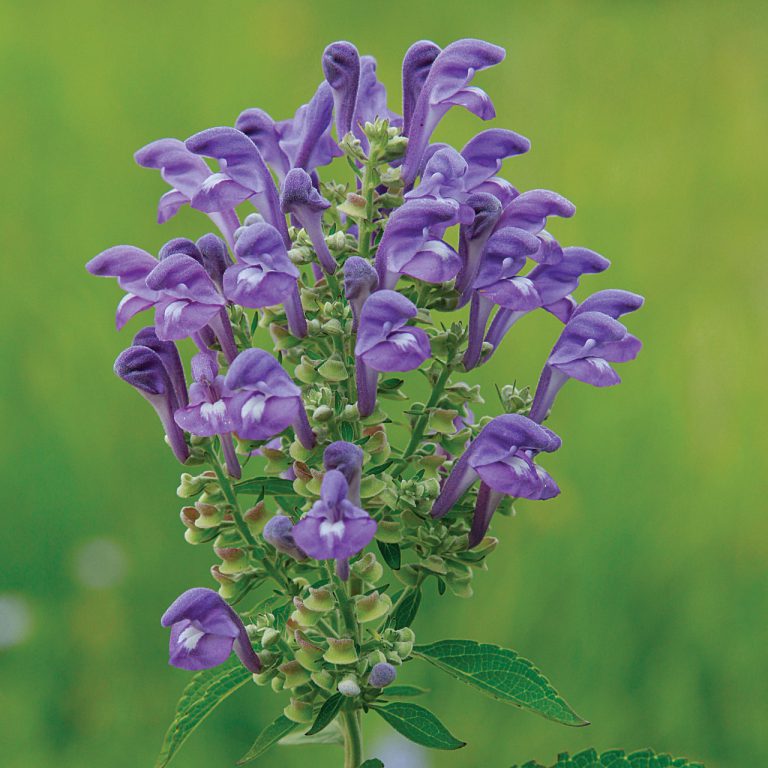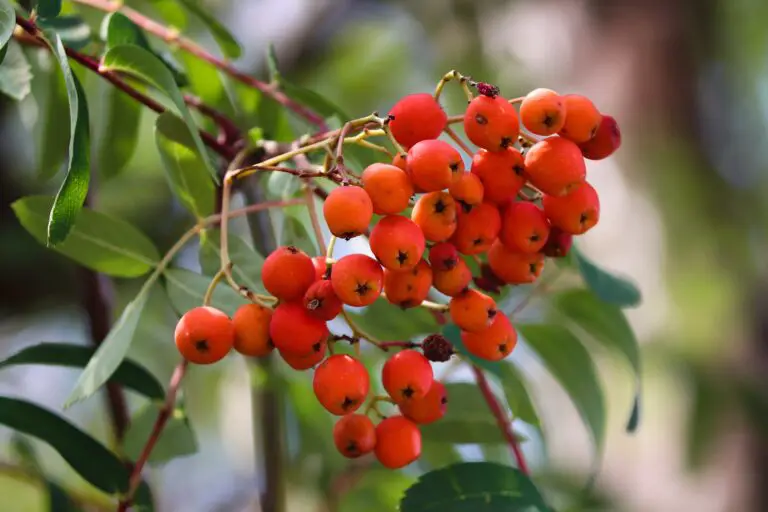Astringent herbs are powerful natural remedies that help tone tissues, reduce bleeding, tighten pores, and dry up excess secretions. They have long been used in herbal medicine for skin care, digestive issues, and wound healing.
Below are 10 of the most valued astringent herbs in herbal traditions across the world.
1. Witch Hazel (Hamamelis virginiana)
Witch hazel is a potent astringent native to North America. It’s especially effective for:
- Acne-prone and oily skin
- Hemorrhoids and varicose veins
- Bruises, cuts, and swelling
How to Use:
Apply the distilled extract to the skin with a cotton pad.
2. Oak Bark (Quercus robur, Quercus alba)
Rich in tannins, oak bark is used for:
- Diarrhea and gut inflammation
- Bleeding gums and oral ulcers
- Skin infections
How to Use:
Make a decoction for rinses, sitz baths, or compresses.
3. Yarrow (Achillea millefolium)
This wildflower is both astringent and anti-inflammatory, ideal for:
- Minor cuts and wounds
- Heavy menstruation
- Infections and fevers
How to Use:
Use dried flowers in teas, compresses, or infused oils.
4. Raspberry Leaf (Rubus idaeus)
Often used for women’s health, raspberry leaf:
- Tones uterine muscles
- Helps with PMS and heavy periods
- Supports postpartum recovery
How to Use:
Steep in hot water to make a gentle tea.
5. Sage (Salvia officinalis)
Sage is highly astringent and antiseptic, perfect for:
- Sore throats and mouth ulcers
- Excessive sweating
- Skin infections
How to Use:
Make a strong tea for gargling or cooling compresses.
6. Shepherd’s Purse (Capsella bursa-pastoris)
This herb is known for stopping bleeding and tightening tissues.
- Helpful for nosebleeds, uterine bleeding, and wounds
- Used in postpartum herbal formulas
How to Use:
Use tinctures or teas as needed under guidance.
7. Plantain (Plantago major)
Not to be confused with the banana-like fruit, plantain leaves are a first-aid staple.
- Draws out toxins from stings and bites
- Soothes inflamed skin and tightens tissue
- Useful for gut inflammation
How to Use:
Use fresh as a poultice or brew as tea.
8. Rose Petals (Rosa spp.)
Gentle and aromatic, rose petals are rich in tannins.
- Great for delicate or irritated skin
- Mildly astringent and anti-inflammatory
- Emotional support in grief or stress
How to Use:
Make a floral toner or add to teas.
9. Lady’s Mantle (Alchemilla vulgaris)
A European favorite for feminine health:
- Regulates heavy periods
- Supports fertility and uterine tone
- Helpful for vaginal infections
How to Use:
Drink as tea or use as a vaginal rinse.
10. Green Tea (Camellia sinensis)
Beyond its antioxidant fame, green tea also tightens skin and reduces oiliness.
- Natural toner for oily or acne-prone skin
- Reduces puffiness and inflammation
How to Use:
Apply cooled green tea with a cloth or spritz bottle.
How Astringents Work in Herbalism
Astringents act by contracting body tissues, reducing secretions, and forming a protective layer over wounds and mucous membranes. They’re especially useful for:
- Diarrhea
- Skin conditions
- Wounds and bleeding
- Heavy menstrual flow
- Throat and mouth infections
Use astringents mindfully—they can dry tissues excessively if overused.
Final Thoughts
Astringent herbs are essential in every herbal toolkit, offering powerful support for both internal and external conditions. Always match the herb’s strength and purpose with your specific needs and consult an herbal practitioner for chronic conditions.


